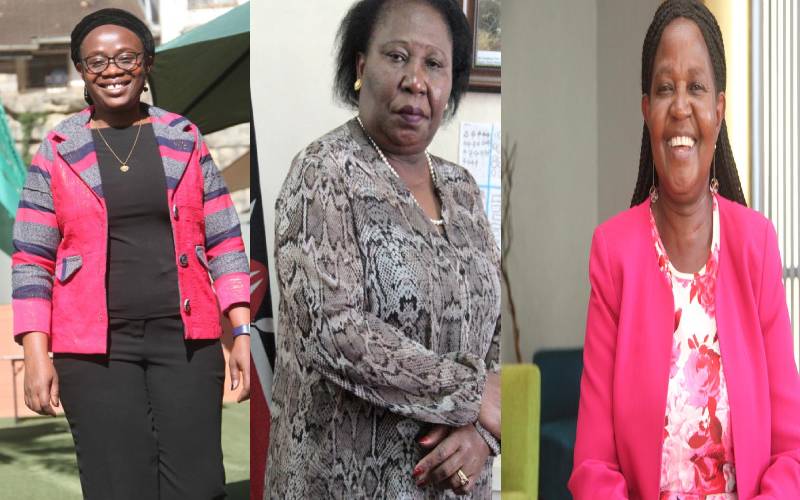×
The Standard e-Paper
Kenya’s Boldest Voice

The 2022 General election has seen more women vying for major political seats compared to the previous years. Women have boldly announced that they will vie for the Governor position being the second most powerful political office.